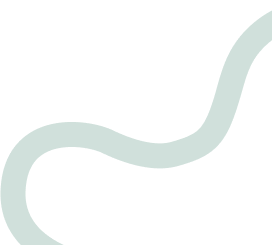Eight out of 10 patients test positive for Alzheimer’s in this simple head-turning technique by Japanese scientists for early diagnosis
TOKYO, Nov 30 — Japanese researchers have developed a new technique to identify individuals who may have Alzheimer’s disease by asking simple questions and observing their behaviour.
The method, developed by researchers from Keio University and Saiseikai Yokohamashi Tobu Hospital, aims to facilitate early diagnosis and treatment of Alzheimer’s, a type of dementia, Japan Times reported recently.
The study, published on November 21 in the journal Alzheimer’s Research & Therapy, focuses on a behaviour known as the “head-turning sign (HTS).”
According to the news report, the HTS involves patients turning their head toward a caregiver for assistance when asked simple questions, a behaviour often observed in people with dementia.
Led by Keio University professor Daisuke Ito, the team conducted an experiment with 155 participants, comprising dementia patients and healthy individuals.
The results showed that 83 per cent of patients who gave specific answers to questions like “Do you have something you enjoy?” and “Have any news stories in the past three months caught your attention?” tested positive for Alzheimer’s.
Ito explained that Alzheimer’s patients often try to appear healthy or conceal their illness, which explains their tendency to give specific answers about things they enjoy.
The study also found that 87 per cent of participants who exhibited HTS gestures or sought help from family members tested positive for the disease.
This technique could serve as an efficient way to screen individuals for Alzheimer’s disease and mild cognitive impairment, conditions that may benefit from early treatment.
With Alzheimer’s diagnoses expected to rise, particularly as Japan’s elderly population grows, the method’s potential for early detection is becoming increasingly important.
Get Insurance Now



